Is Brazil’s democracy broken—or stronger than ever? As former President Jair Bolsonaro faces trial for an attempted coup, the world watches closely. The stakes are high, not just for Bolsonaro, but for Brazil’s democratic institutions.
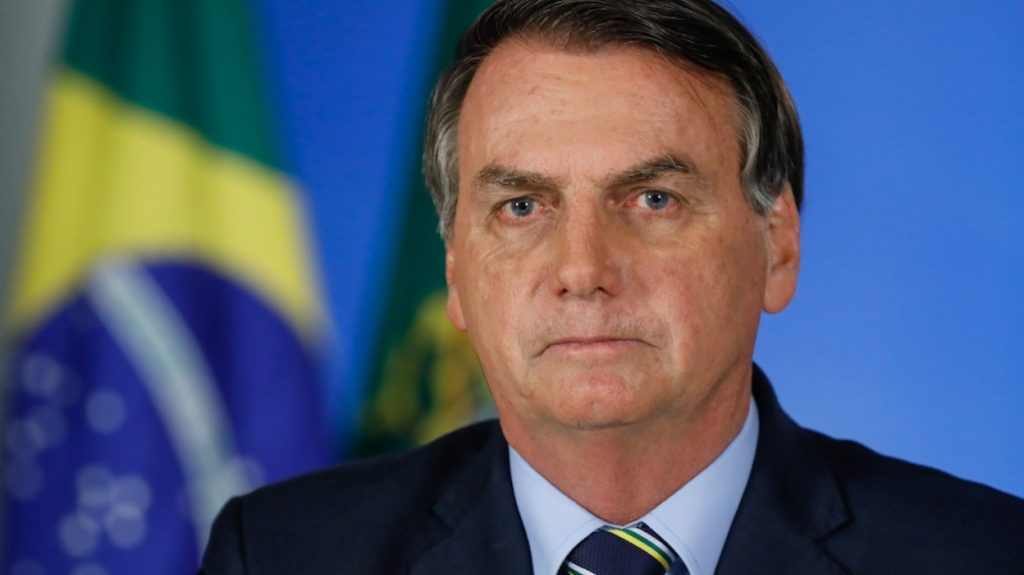
Historic Trial, Divided Nation
In an unprecedented move, Brazil’s Constitutional Court is trying former military generals and ex-President Bolsonaro himself. The charges are severe:
- Violent abolition of democracy
- Attempted coup (January 8, 2023)
- Destruction of public property
- Criminal organization membership
A total of 34 people, including top officials, now stand accused. The case has ignited fierce public debate.
Judiciary Under Fire—Again
Supporters of Bolsonaro claim the judiciary is politically biased. Yet, political scientist Carlos Pereira from Fundação Getulio Vargas argues this criticism is evidence of a functioning democracy.
“Those who lose always claim bias,” Pereira said, noting similar accusations occurred when left-wing leader Lula was imprisoned in 2018.
Pereira believes Brazil’s democratic checks and balances—though slow—ensure no president rules unchecked.
Democracy by Design
Brazil’s government is complex, inefficient, but democratic, according to Pereira. No president since 1989 has held a stable congressional majority. Instead, governing requires constant negotiation.
“This inefficiency prevents authoritarian rule,” he explained.
Such friction between Congress, the judiciary, and the presidency acts as a natural safeguard against democratic collapse.
Past Presidents, Present Lessons
Brazil has impeached two presidents since its return to democracy:
- Fernando Collor de Mello (1992) for corruption
- Dilma Rousseff (2016) for budget manipulation
Even current President Lula spent two years in prison for corruption. These events, Pereira argues, show Brazil’s ability to hold leaders accountable, regardless of political party.
Polarization Is Deepening
Still, Brazil remains deeply divided. Recent protests in São Paulo reflected the ongoing tension. Some Bolsonaro supporters see the trial as a left-wing vendetta.
“Right-wing politicians are persecuted,” said Ana Oliveira, a demonstrator.
Another accused Lula of “arranging January 8 out of revenge.”
Despite widespread belief in Bolsonaro’s return for 2026 elections, he is banned from office until 2030 due to prior convictions for abuse of power and misinformation.
What It Means for Democracy
Is this trial a defense of democracy or an example of political revenge? It depends on who you ask. But one fact is clear: Brazil’s democratic institutions are being tested—and holding firm.

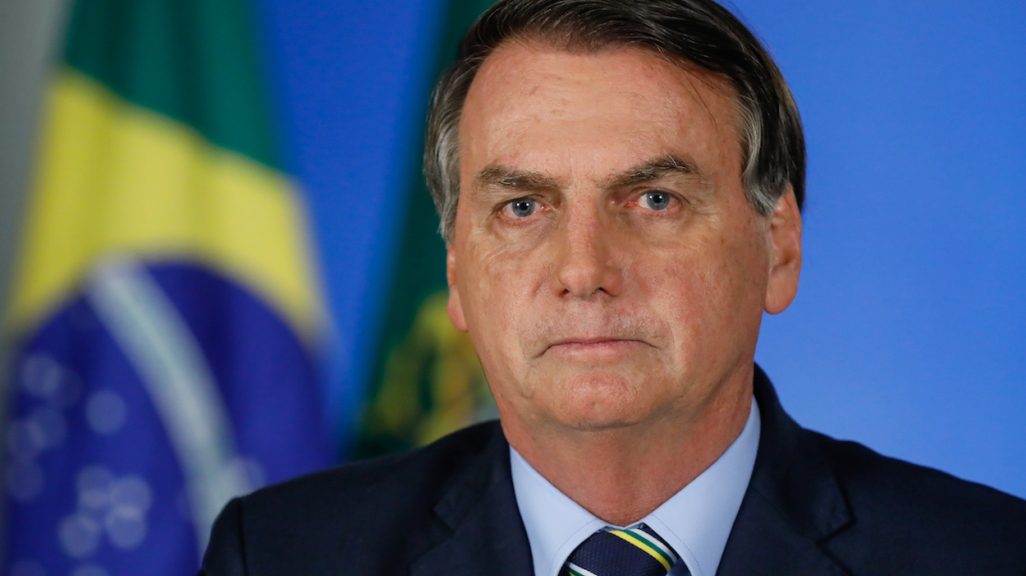

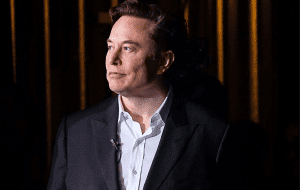
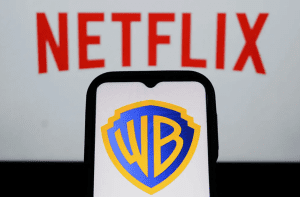
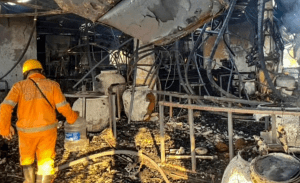
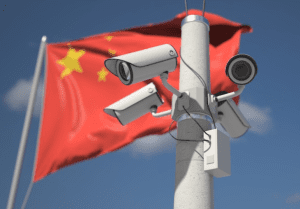



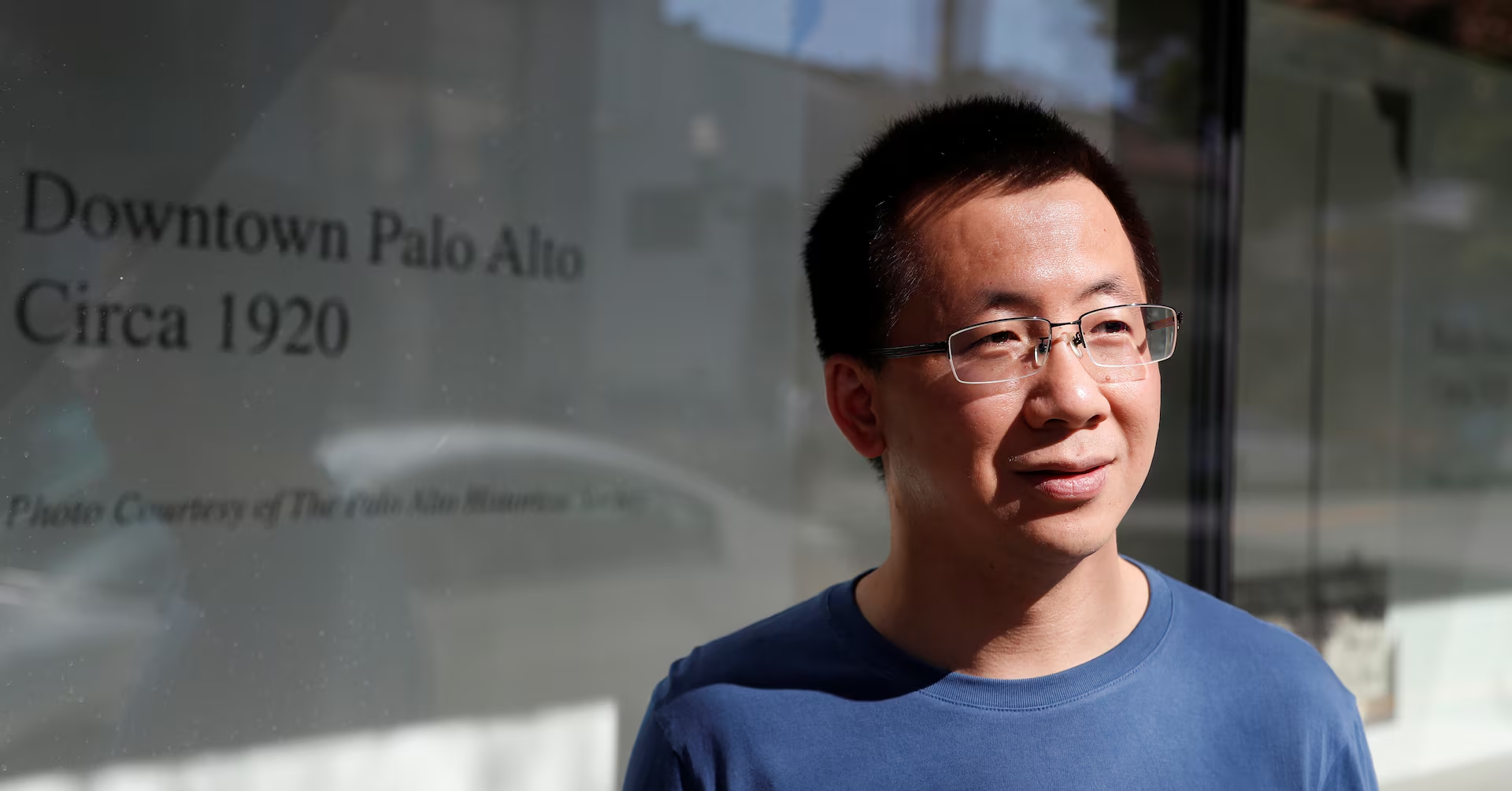

Comments are closed.